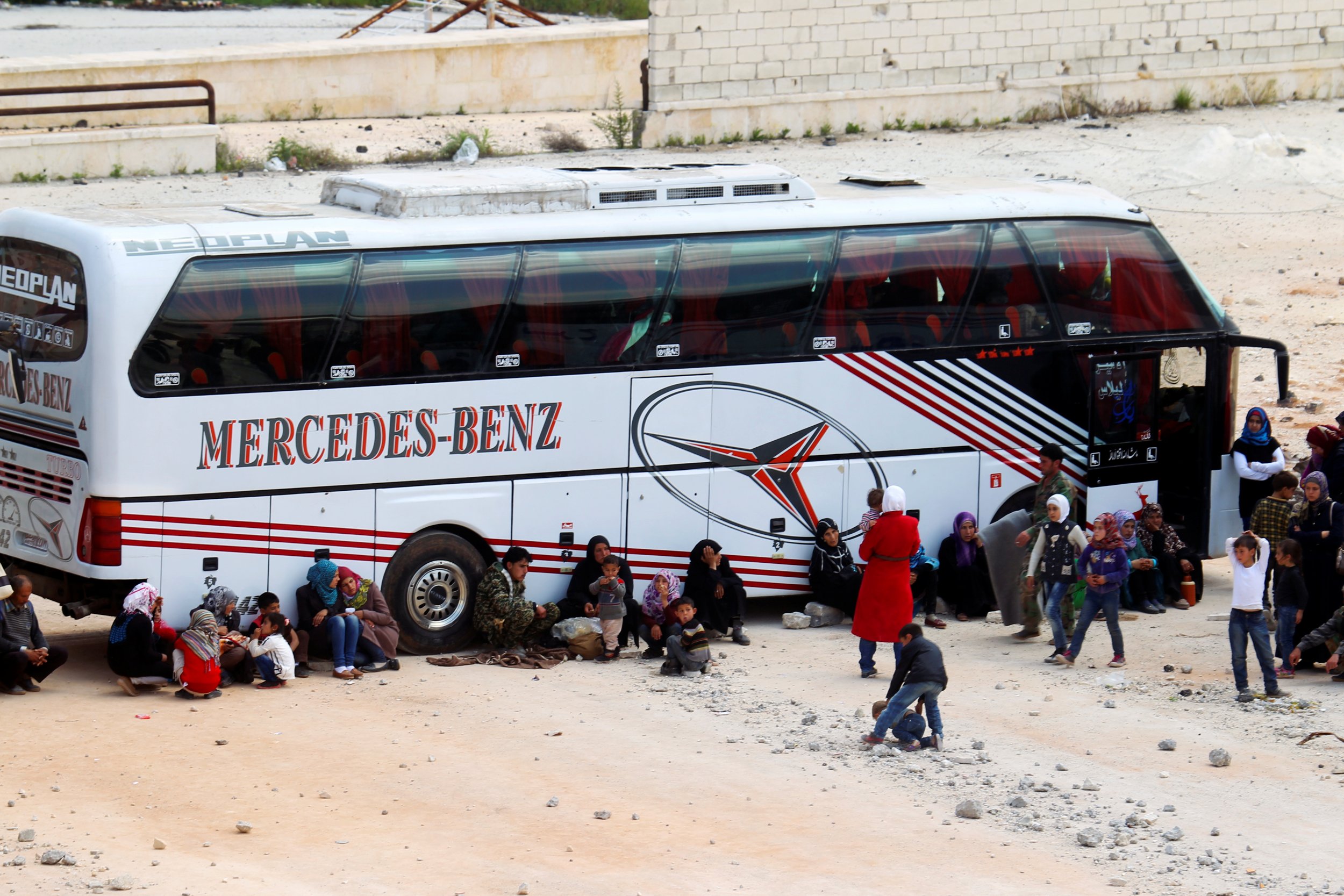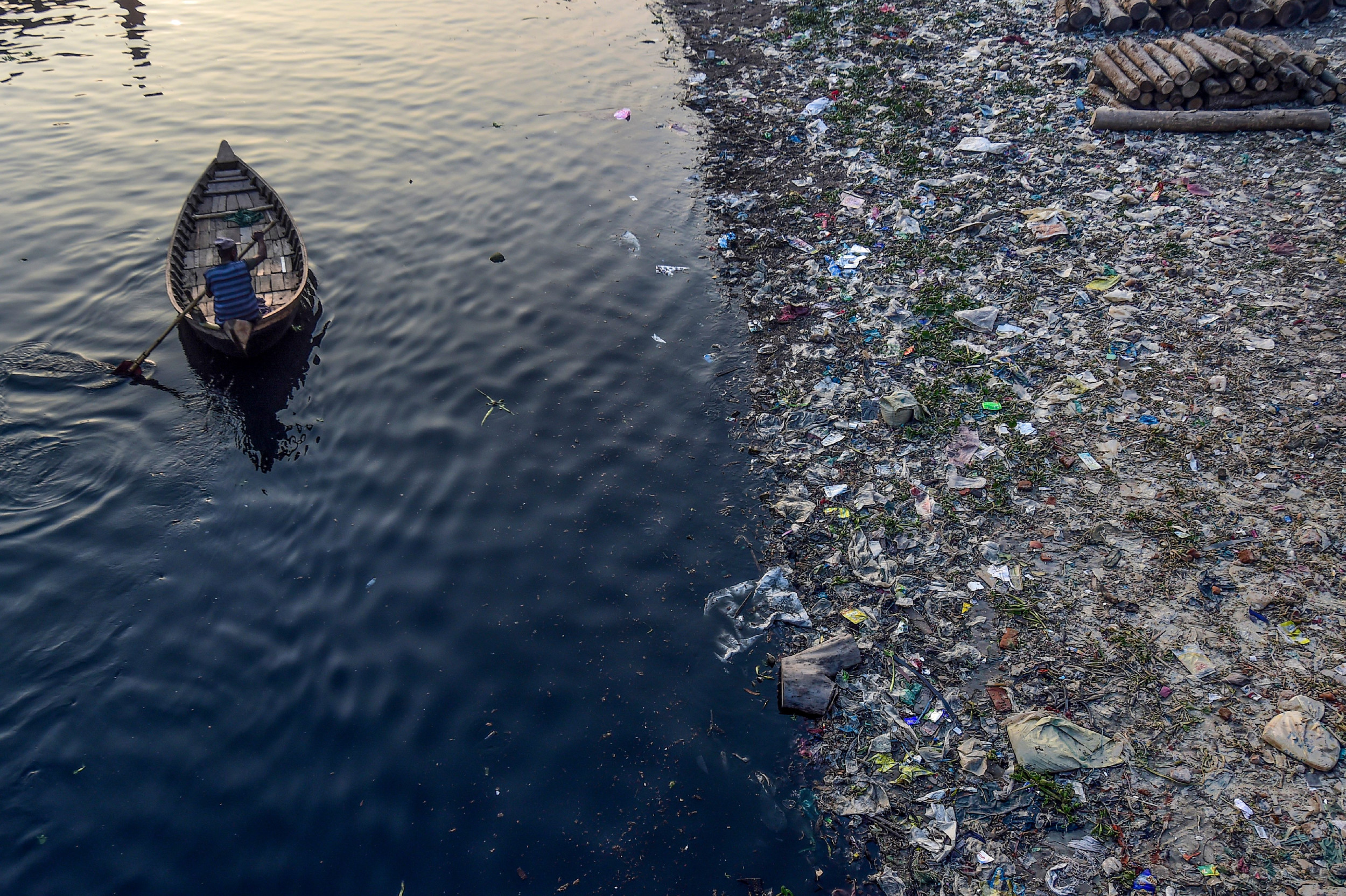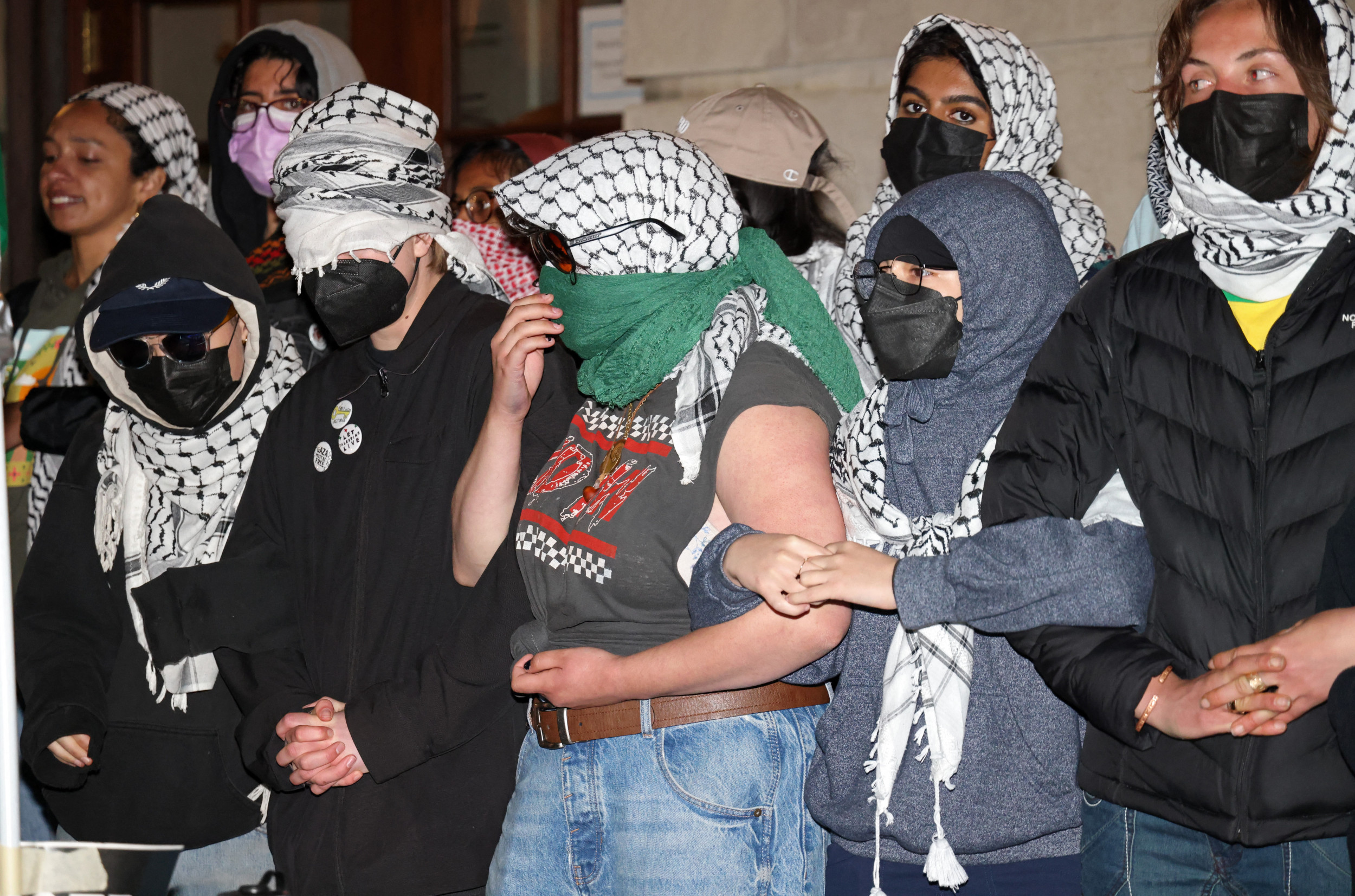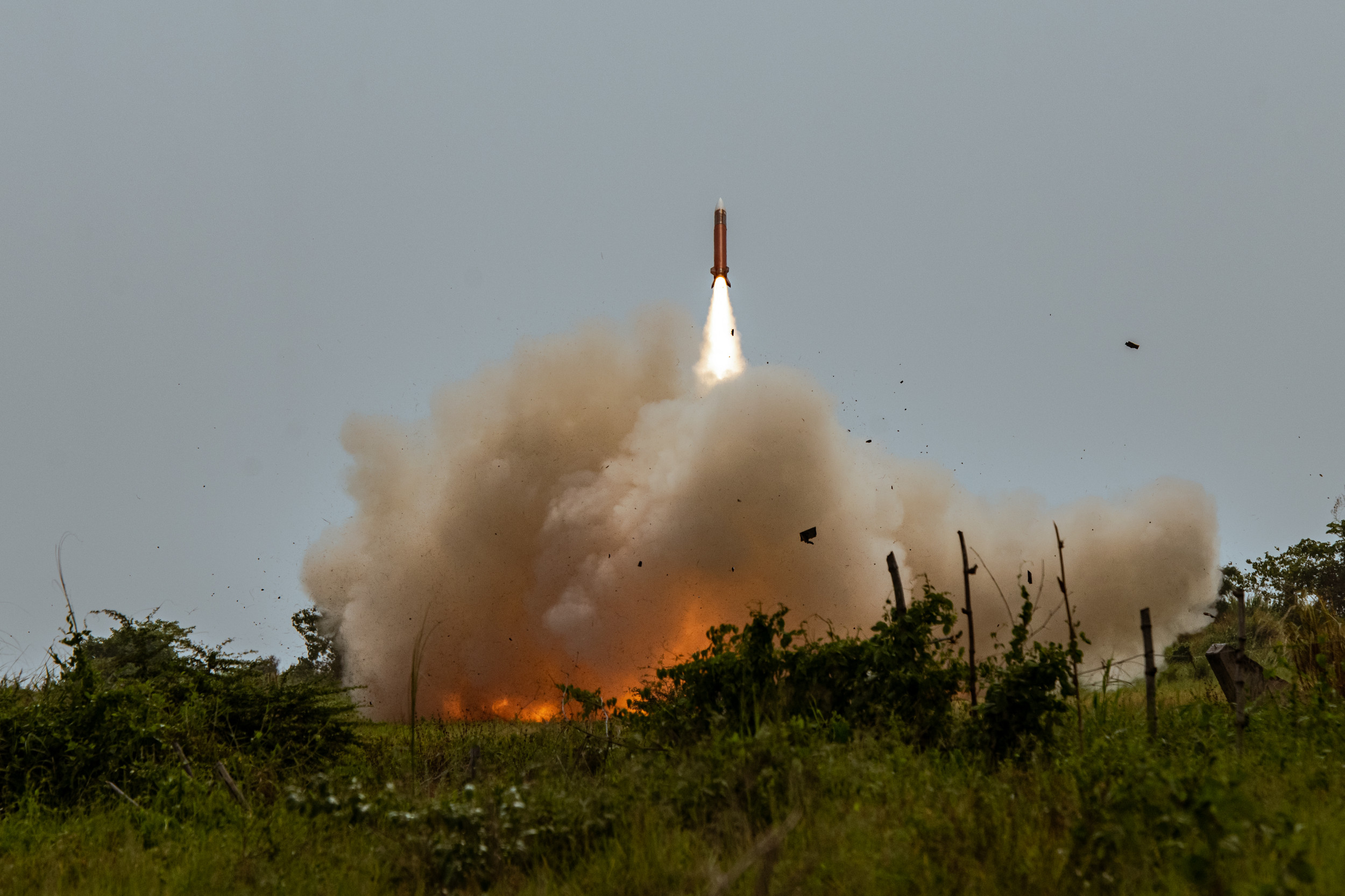
In the early hours of December 16, 2016, a Qatari hunting party of 26 — many of them from the country's ruling Thani tribe — were abducted by Shi'ite gunmen in the Samawa desert in Iraq close to the border with Saudi Arabia.
Like other wealthy citizens from the Arab Gulf states, the men had ventured into Iraq to hunt with falcons despite the increasingly hostile armed militia presence in the area. Locals blamed Qatar and its wealthy neighbours for funding Sunni militias, many of them linked to al-Qaeda.
More than a year later, Middle East power brokers Qatar and Iran are expected to seal a deal that will see the hunting party fly home. In return, Sunni fighters that are besieging Shi'ite cities in Syria have agreed to allow thousands of residents to be safely evacuated, the Guardian reported.
A jet has been on standby at Baghdad airport since Saturday morning in anticipation of the royals being freed. Iraqi officials have said they believe millions of dollars in ransom money will be paid to the Iraqi militia Kata'ib Hezbollah that is holding the Qatari royals.
According to the same officials, some of the sum will be paid to the al-Qaeda-linked Hayat Tahrir al-Sham and Ahrar al-Sham, Syria's largest rebel group, for the role they played in securing the royals' release.
Read more: Deal reached to evacuate Aleppo, Shi'ite villages
The exchange exposes the complex network of international and regional influences active in the war in Syria.
Iran entered the deal, using the kidnapping of the Qatari royals to leverage the evacuation of 50,000 civilians and fighters from the Shi'ite towns of Fua and Kefraya in northern Syria. Iran, alongside Lebanese Hezbollah, has been in a four-year-long negotiation to evacuate the villages, encircled by Ahrar al-Sham.
The Sunni majority villages of Madaya and Zabani have been similarly besieged but by pro-Syrian government forces and are being evacuated at the same time as part of the deal.
The precarious nature of the exchange was shown Saturday when more than 120 people from Fua and Kefraya were killed when the convoy evacuating them was attacked by suicide bombers.
Ahrar al-Sham said in a statement Saturday it condemned the "cowardly" suicide-bomb attack that targeted the evacuees as they waited in a rebel-held area for the evacuation to be completed, the Associated Press reported.
In an earlier the report, AP said a member of Qatar's ruling family had paid $2 million to a Greek shoe salesman to secure "proof of life" for the hunting party in March. The payment was disclosed in U.S. Justice Department documents.
Uncommon Knowledge
Newsweek is committed to challenging conventional wisdom and finding connections in the search for common ground.
Newsweek is committed to challenging conventional wisdom and finding connections in the search for common ground.
About the writer
Callum Paton is a staff writer at Newsweek specializing in North Africa and the Middle East. He has worked freelance ... Read more
To read how Newsweek uses AI as a newsroom tool, Click here.








